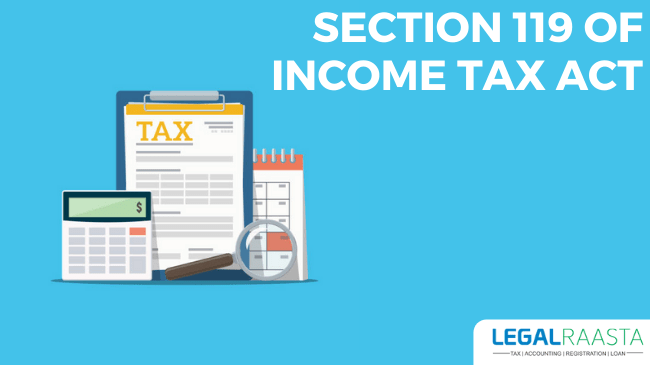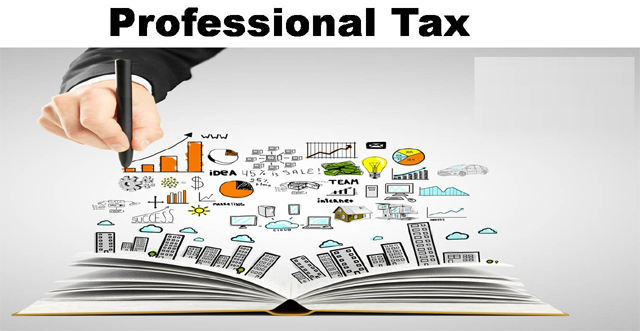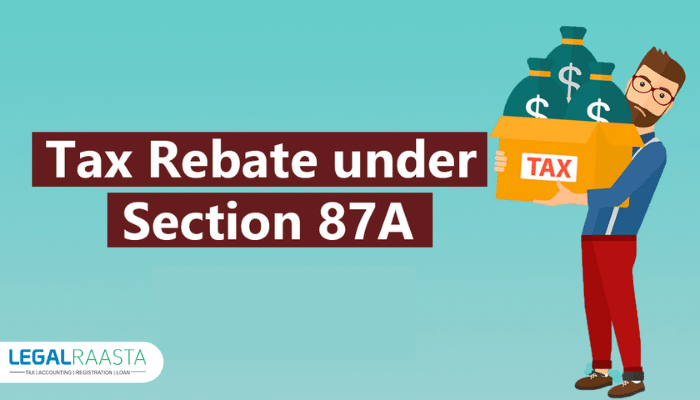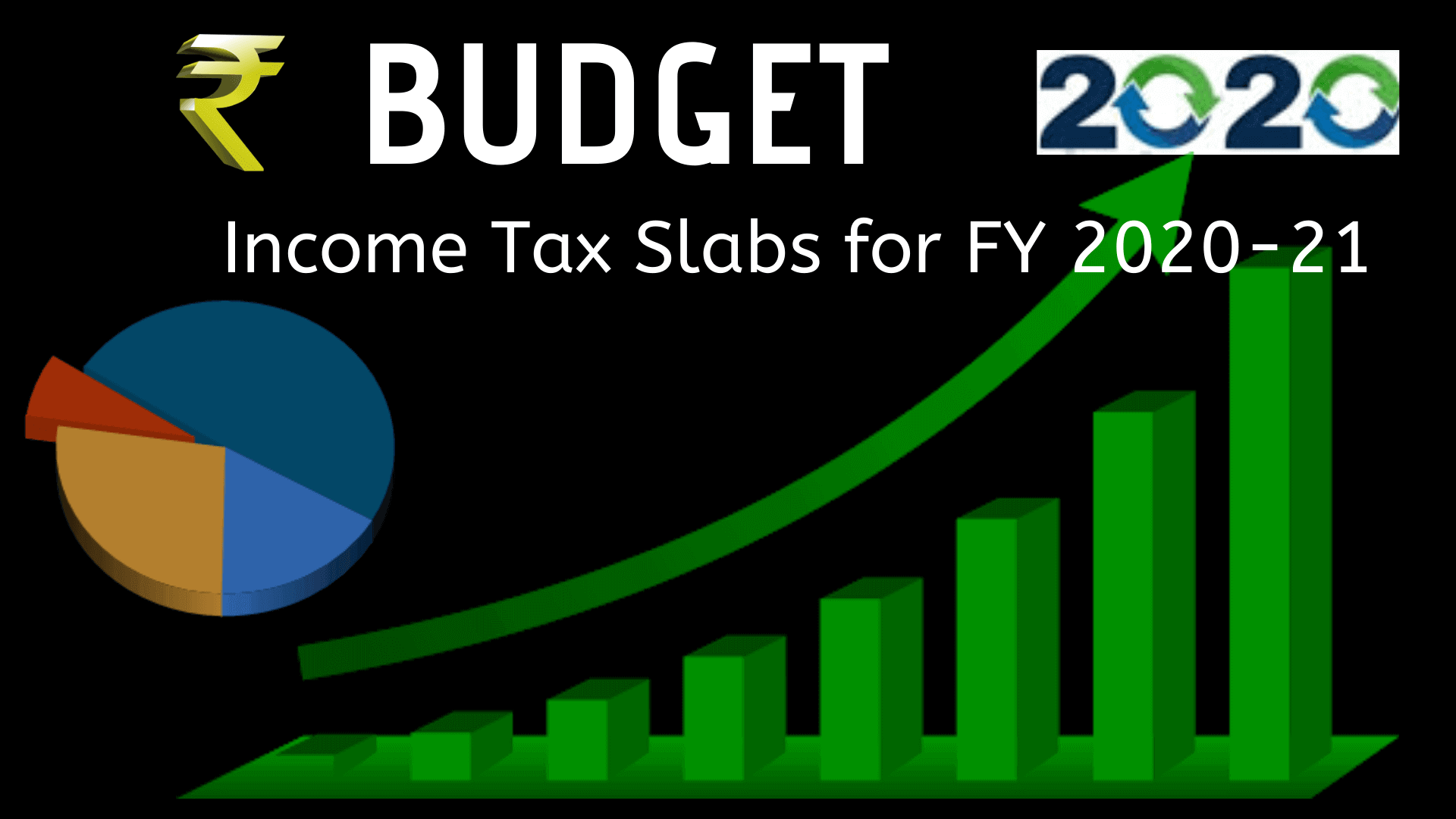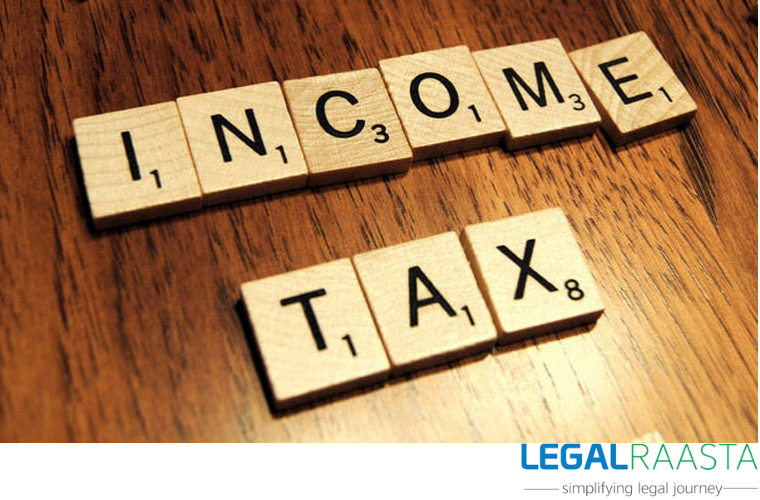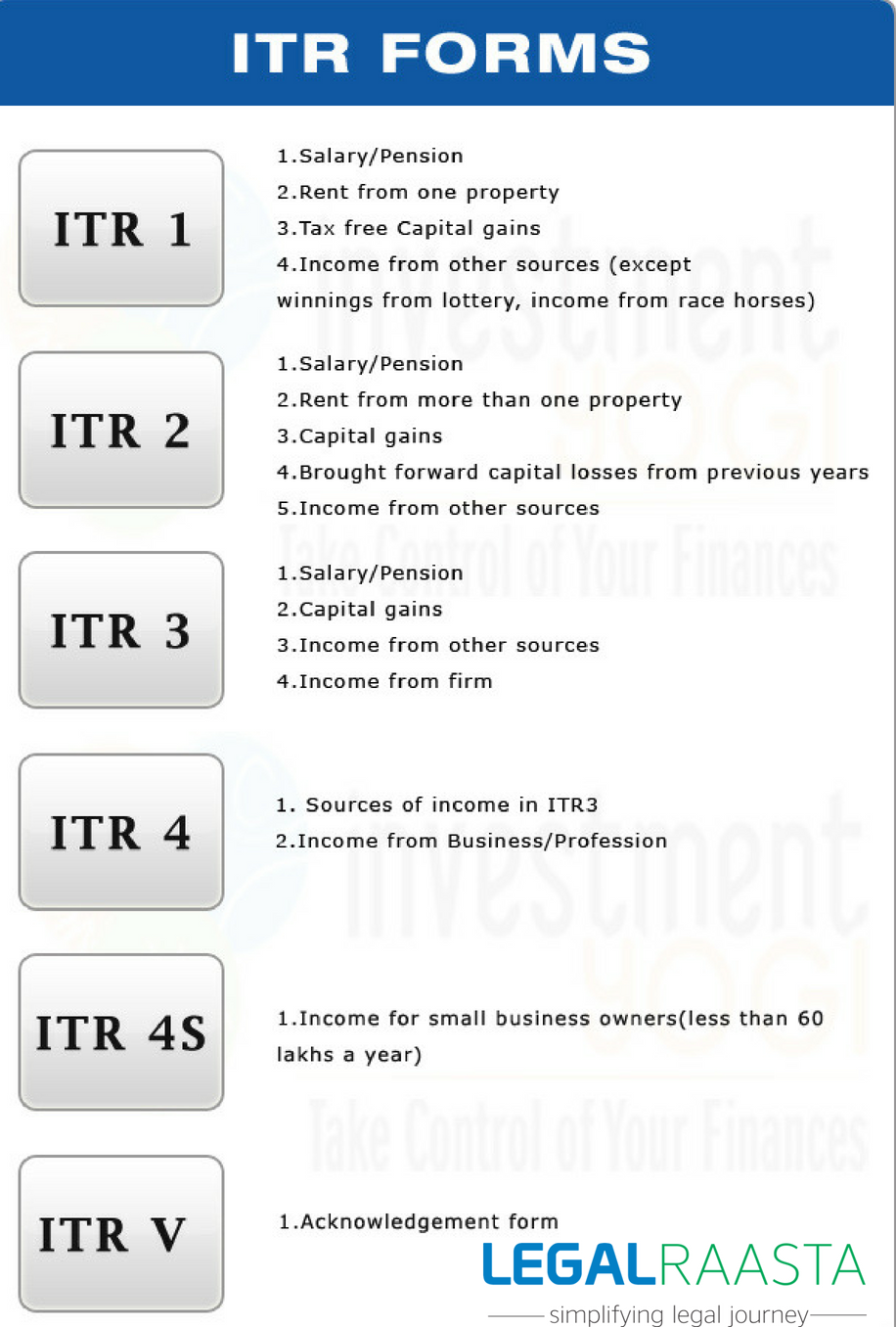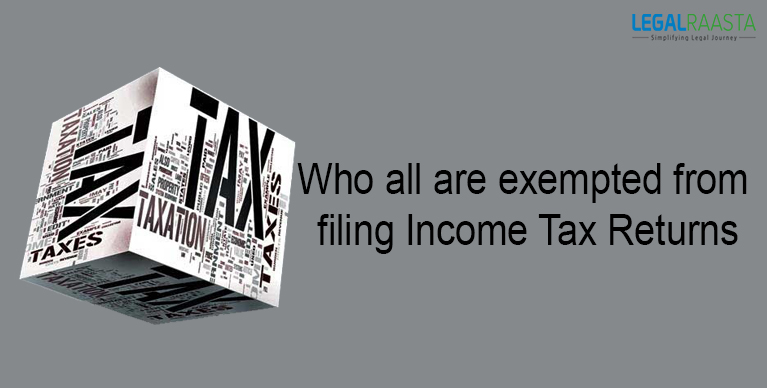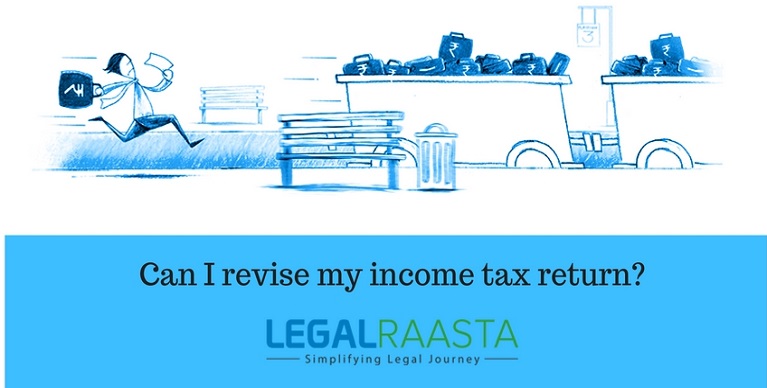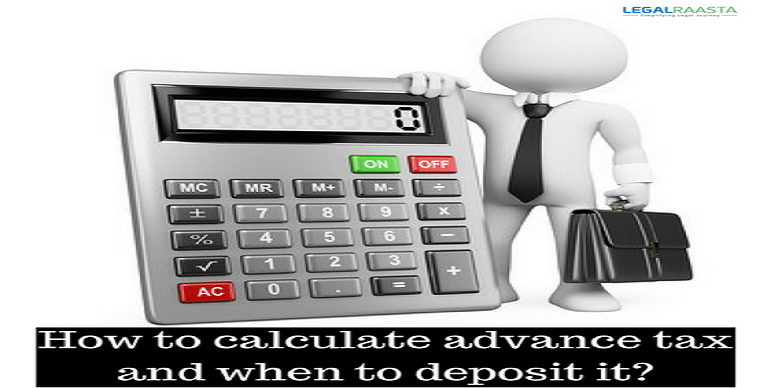SECTION 119 OF INCOME TAX ACT
INTRODUCTION
India’s Income Tax Act is one of India’s most important laws. India has a complex tax system with multiple levels of taxation, and Section 119 empowers the CBDT to issue instructions to lower levels of authorities. In addition, Section 119(2)(b) empowers CBDT to direct tax authorities to permit any claim for exemption, deduction, refund, and other relief under the India tax Act even after the expiry of the deadline to form such claim. However, such claims will only be allowed by the income tax authority provided that making such a claim within the prescribed due date was genuinely out of the control of the taxpayer.
India has always been a country that has thrived on tax evasion and has never really paid taxes into the economy. India’s Section 119 is one of the most important laws that India can boast about because it empowers India’s Central Board of Taxes (CBDT) to issue instructions to lower levels of authority. It also empowers CBDT to direct income tax authorities to allow any claim for exemption, deduction, refund, and other relief under the tax Act even after the expiry of the time limit to make such a claim.
You should also read this: Section 269ST of Income Tax Act
WHO CAN ACCEPT AND REJECT SECTION 119 APPLICATIONS
Section 119 empowers the Central Board of Taxes (CBDT) to issue instructions to lower levels of authorities. In addition, section 119(2)(b) empowers CBDT to direct income tax authorities to allow any claim for exemption, deduction, refund, and other relief under the tax Act even after the expiry of the deadline to form such claim. However, such claims will only be allowed by the income tax authority provided that:
Making such a claim within the prescribed maturity was genuinely out of the control of the taxpayer.
The CBDT has issued circular no. 5, dated 2 January 2013, applicable to all claims for refund/deductions under the Income Tax Act. Section 119 of the Income-Tax Act is reproduced below:
The DIRECTOR GENERAL OF INCOME TAX (DGIT) India has not yet issued any circular regarding section 119 on the due date. However, India was asked by India’s mission in WCO during India’s initiative on a project named RATE (risk analysis and targeted examination) that whether India would allow taxpayers to seek tax refunds even after the statutory time limits set out in India’s tax laws and India replied that India “would allow such claims even after the time limits provided it was genuinely out of the control of taxpayers”. India has not yet issued any directive regarding section 119 to its lower authorities so far.
Section 119 empowers CBDT to direct tax authorities to permit any claim for exemption, deduction, refund, and other relief under the tax Act even after the expiry of the deadline to form such a claim.
As per India’s Income Tax Act: Section 119 – Procedure if no specific direction from DGIT India’s India income tax law doesn’t have a specific provision that allows India income-tax authority to allow refund claims after the statuary year time limit. India replied that India “would allow such claims even after the time limits provided it was genuinely out of control of taxpayers”. Section 119 empowers CBDT to direct tax authorities to permit any claim for exemption, deduction, refund, and the other relief under the tax Act even after the expiry of the time to make such claim India did not issue a specific circular on this matter but said India would allow such claims even after the time limits provided it was genuinely out India’s control of taxpayers.
WHAT IS THE TIME LIMIT FOR ACCEPTING CLAIMS IN SECTION 119
In India, section 119 (2)(b) of the Income Tax Act empowers the CBDT and income tax authorities to extend the time limit for claiming exemption, deductions, and refund even after expiry. However, this is subject to the condition that such a claim should be made within due date would be genuine and beyond the control of the taxpayer.
The CBDT has issued instructions to lower-level authorities as per section 119(2)(b) of the Income Tax Act. In addition, any authority under India can give exemption, deduction, and refund to taxpayers even after the expiry of a time limit. This is subject to the condition that such exemptions should not have been claimed before and without any fraud or negligence on part of the taxpayer and they should have been made within the due date.
To avail of this provision, the following points should be taken into consideration:
Any claims for exemption, deduction, or refund can be made after the expiry of the time limit up to one year from the end of the relevant assessment year. The taxpayer will need to put forward their genuine reasons for not availing exemptions earlier to the officer assessing the return under the India income tax act.
Section 119 (2)(b) can be used by a central board of taxation, Indian authorities, and Indian taxpayers in general. This section cannot be used by partnership firms, foreign companies, and companies other than India incorporated firms as per India Company Act 2013, India income tax act 1961, and amendments made in India income tax act 2015. These rules are also not applicable to charitable trusts, political party and assessees in India or outside India under the India income tax act.
Income tax officers will have the discretion to allow the claims only if they feel that there was a genuine reason for not availing exemptions earlier. This waiver from the time limit can be allowed from the assessment year 2015-2016 onwards provided it is claimed before the end of the relevant assessment year.
This section cannot be used to claim refunds that are pending scrutiny/objection, pertaining to previous years’ returns or outstanding demand notices. In addition, taxpayers must put forward their cases within the due date specified by the officer assessing charges or return. Any deviation from given due dates may lead to the rejection of claims made under this provision without assigning any reasons for doing so.
The administration can also reject such claims without assigning any reasons in SECTION 119
The following kinds of cases cannot be filed under section 119 (2)(b) India income tax act:
- Claims already made in return and not allowed to assess by India authority or tribunal, etc.
- Claims which are pending scrutiny/objection or penalty proceedings, etc.
- Refunds that are outstanding from previous assessment years or other refund claims, other than those that have been passed by the officer assessing proceedings for the relevant assessment year. [To clarify this point further, these types of refunds would include even those proceeds whose due dates have passed.] These should instead be claimed under section 195 India income tax act. The time limit for availing this benefit is within one year after the end of the relevant assessment year.
- Claims which are already taken into account while processing other claims like Indexation benefit, carry forward losses etc.
Claims can be made either by filing an India income tax return or by filing a separate application to the officer assessing proceedings for the same before the due date. If a claim is filed beyond the due date then it should clearly mention that fact in their claim letter and also state reasons for making such a late claim.
FICA (Foreign institutional investors) registered with the Indian stock exchange does not require to file India income tax returns or applications under this provision if they want exemptions available at a higher level i.e., Central board of taxes India. However, they must comply with provisions applicable at lower levels i.e., Indian income tax officers India.
Any deviations from the provisions of the India income tax act or India income tax rules must be specifically mentioned.
No claims can be made under this provision on a retrospective basis (looking into the past). If the due date has passed, the claim should not be considered for exemption, deduction, and refund.
Claims must also mention the reasons which led to such late claims and it is required that they satisfy the assessing officer about their genuineness before processing such claims. Officers may allow such cases only if the taxpayer proves there was a genuine reason for not availing exemptions earlier. No single ground will be treated as enough reason for allowing such cases to avail all benefits available in India income tax law at one go i.e., refunds, exemptions, deductions, carry forward losses, etc.
Claims made under section 119 India income tax act are subject to taxation. However, assesses can claim the benefit of indexation or carry forward loss if India authority requests for producing supporting documents i.e., India
India, India audit report India and certificate from chartered accountant India.
If the assessing officer has granted relief in terms of The Income Tax Act exemptions, then he will grant relief under Section 119 (2) (b) also. As per which the Assessing Officer is obliged to allow that relief under Section 119 (2) (b).
OTHER IMPORTANT POINTS UNDER SECTION 119 (2)(b)
An important point to note under 119 is that interim relief may be granted, the India Central Board of Direct Taxes (CBDT) will have the authority to issue instructions or guidelines with respect to this interim relief. Such interim relief may be granted by the income tax authorities provided, making such a claim within the prescribed due date was genuinely out of the control of the taxpayer.
Where any instruction is issued by CBDT with respect to interim relief, CBDT shall publish such instruction in India Gazette.
In a recent case before the India Taxation Laws Services (ITLS). The ITLS decided to consider a claim for exemption under section 119 of the Income-tax Act, 1961 even after the expiry of the time limit as it was done within the prescribed due date.
The taxpayer had applied for an advance ruling on excise duty and service tax with respect to its product X. While considering such request, the Commissioner of Central Excise and Service Tax imposed a heavy penalty on the taxpayer for non-furnishing information within the prescribed time limits. This penalty was challenged by the taxpayer before the appellate authority and later before the tribunal again. During this period, section 119 came into force and several applications were made by taxpayers for relaxation in furnishing additional information and concession under
CONCLUSION
Section 119 of India’s Income Tax Act allows the country’s Central Board of Taxes (CBDT) to issue instructions to lower-level authorities, so they may allow any claim for exemption, deduction, refund or other relief under India’s income tax act even after the prescribed due date. However, such claims will only be allowed by India’s income tax authority provided that making such a claim within the time limit was genuinely out of control for this taxpayer. For help with your Indian taxes and save money on international accounting services in India contact us today!
Related Blogs:
Tax avoidance is lawful; Tax avoidance is criminal
Consequences of Failing to File an Income Tax Return

